Have you ever looked into a cat’s eyes and wondered just how much they understand about the world around them? It turns out, our feline friends are much more emotionally aware than many people might guess. Cats have a remarkable ability to sense, interpret, and respond to human feelings, sometimes in the most astonishing ways. Whether it’s comforting us during tough times or picking up on subtle cues in our behavior, cats have shown emotional intelligence that rivals even the most empathetic humans. Prepare to be surprised, delighted, and maybe even a little moved as we explore real moments when cats’ emotional intelligence left their owners in awe.
Recognizing Human Sadness Without Words
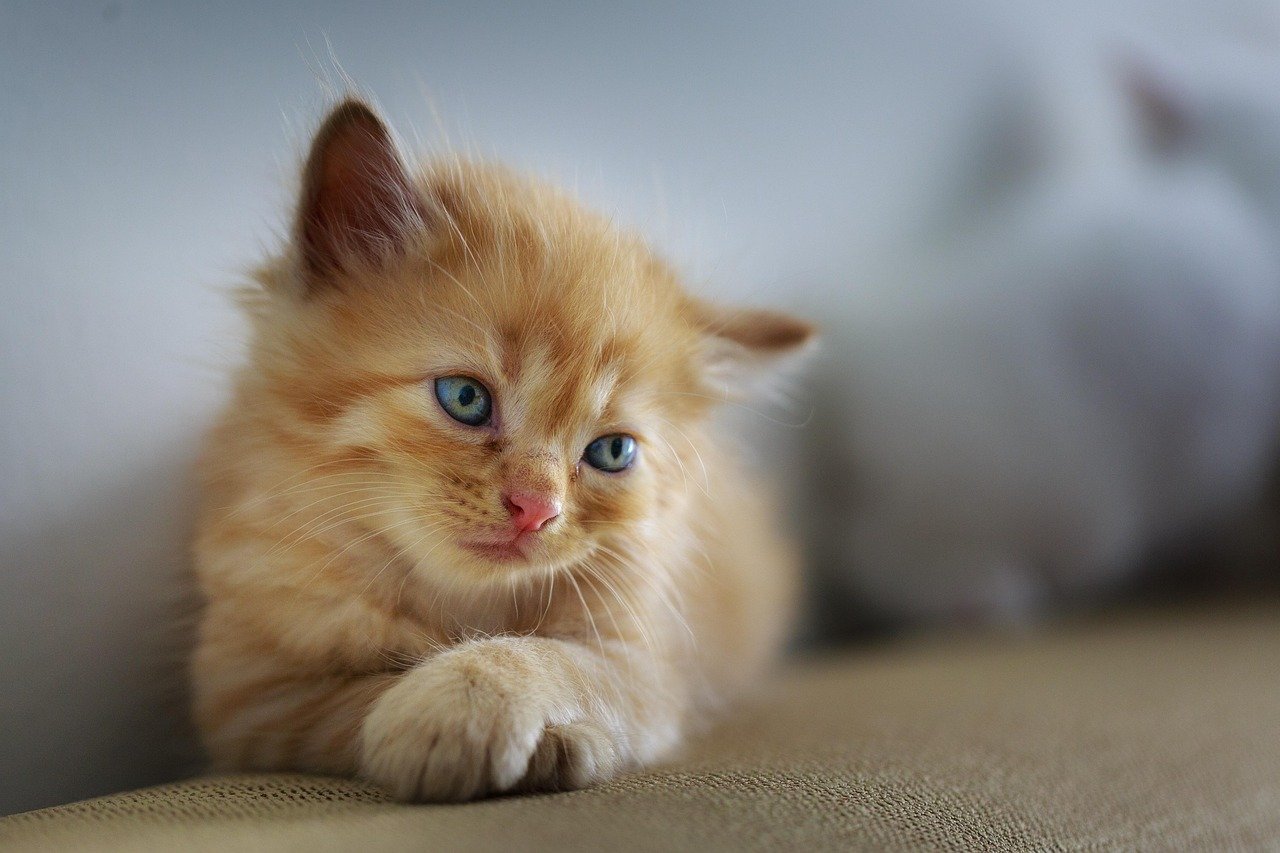
One of the most touching examples of feline emotional intelligence is when cats recognize sadness in their humans. Often, a cat will quietly approach a person who is crying or looking down, settling beside them or gently nuzzling their hand. This is not just coincidence; cats seem to pick up on the energy change in the room and their person’s body language. Some cat owners have shared stories of their pets sitting with them for hours during heartbreak or grief, offering silent but powerful support. It’s as if the cat knows that words aren’t needed, only their calming presence. This intuitive response shows just how attuned cats can be to human emotions. The ability to sense sadness and react with empathy is a trait not often associated with animals, but cats prove otherwise time and again.
Responding to Human Laughter and Joy
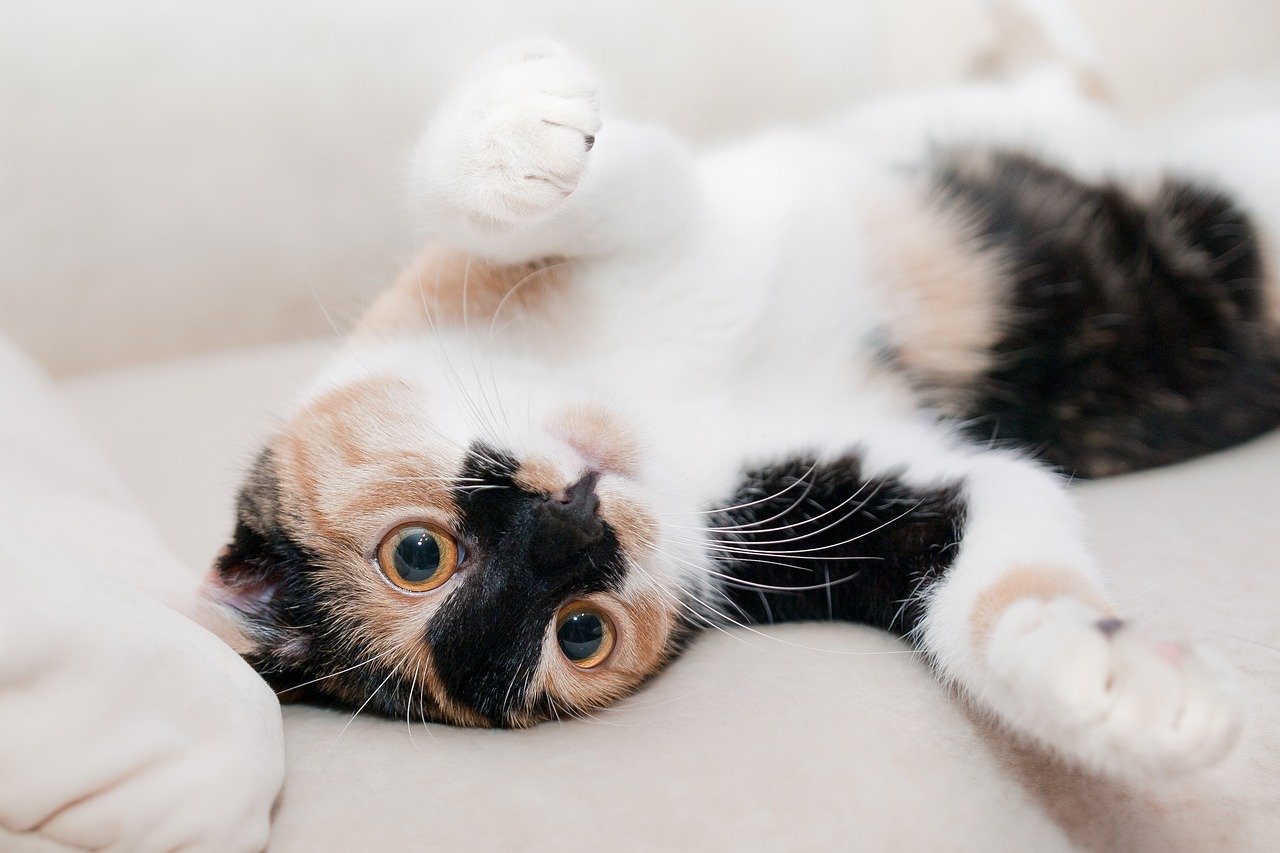
Cats don’t just notice when we’re sad—they’re tuned into our happiness too. Many cat owners report that their feline companions become more playful and energetic when the household is filled with laughter. Some cats will even join in on the fun, rolling around, chasing toys, or simply sitting close by with a contented look. It’s almost as if they want to be a part of the good times, sharing in the positive vibes. This behavior suggests that cats are capable of recognizing and responding to the emotional tone of their environment. Their ability to mirror our joy with their own playful antics is yet another testament to their deep emotional intelligence.
Offering Comfort During Illness
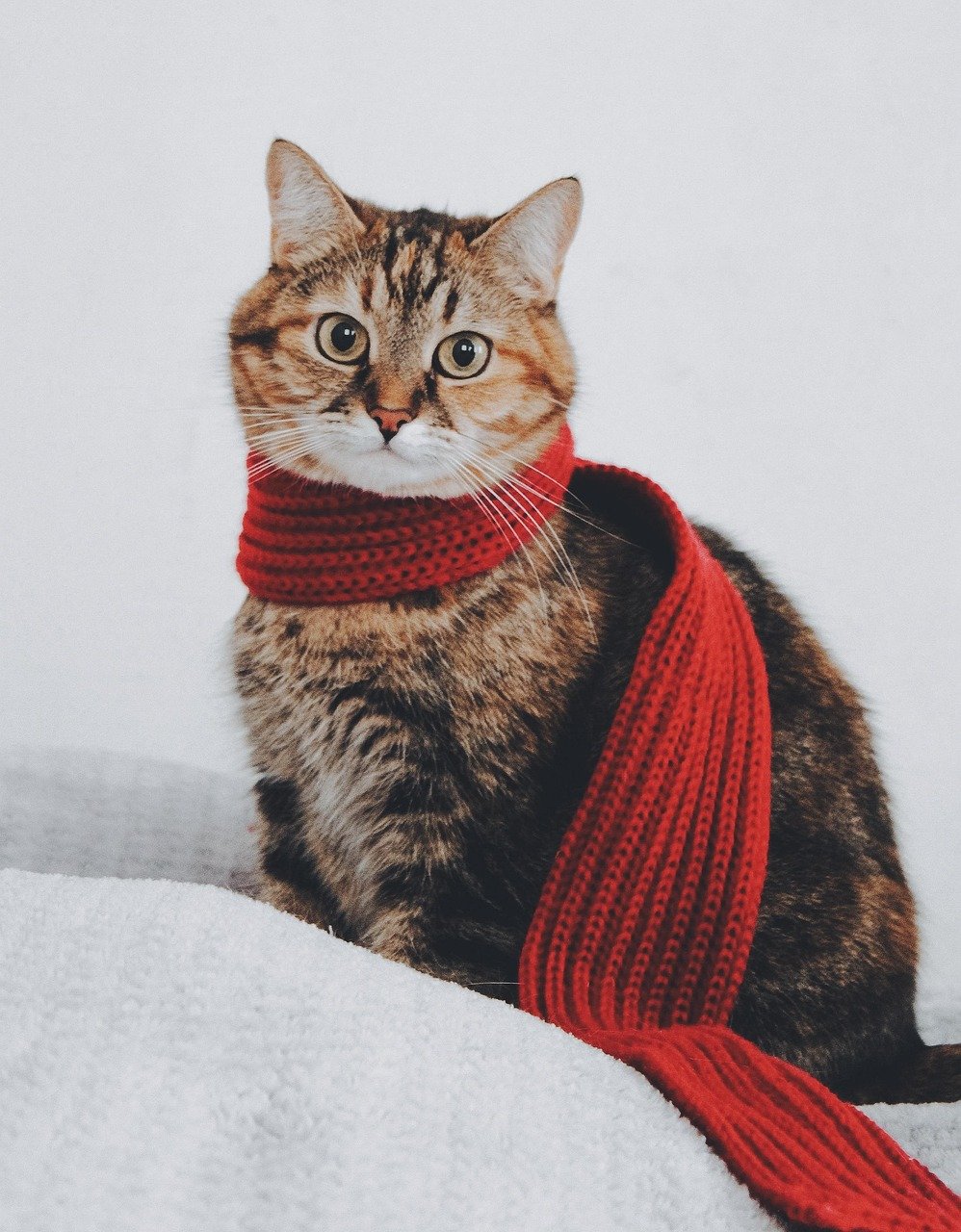
There’s something extraordinary about the way cats seem to know when their humans are unwell. Stories abound of cats curling up next to a feverish child or purring beside someone recovering from surgery. The warm weight of a cat on the bed can be incredibly soothing during illness. Some believe that a cat’s purr, which vibrates at a frequency known to promote healing, is their way of actively helping. Whether or not this is scientifically proven, the emotional comfort cats provide cannot be denied. They seem to sense vulnerability and rise to the occasion, offering companionship and warmth when it’s needed most.
Detecting Anxiety and Stress
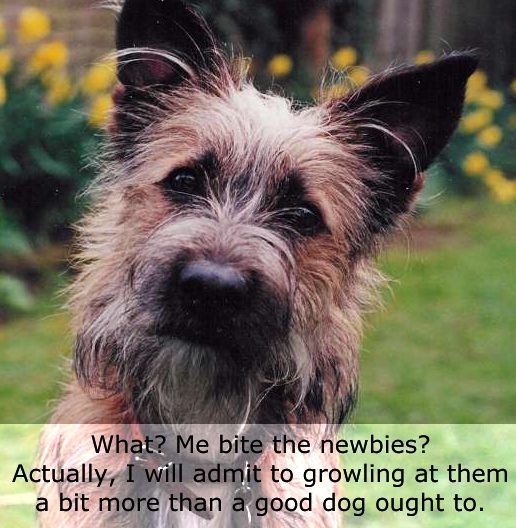
Cats are masters at picking up on stress and anxiety, often before their owners even realize it themselves. If you’ve ever noticed your cat becoming extra attentive during a rough work week or a tense family situation, you’re not alone. Some cats will follow their stressed owners from room to room, while others offer gentle head-butts or insist on cuddles. Their keen observation skills allow them to notice subtle shifts in breathing, tone of voice, or posture. This kind of emotional radar is a remarkable example of feline sensitivity. It’s almost as if our cats are little guardians, always on the lookout for ways to help us feel better.
Intervening in Arguments

Astonishingly, some cats have been known to intervene when tempers flare at home. Whether it’s a heated discussion or a loud disagreement, certain cats will insert themselves between arguing parties, sometimes meowing or pawing at their owners until things calm down. This isn’t just a random reaction to noise; it shows a distinct awareness of emotional tension. By physically placing themselves in the middle of conflict, cats seem to be trying to restore peace. Their actions can be surprising, but they often succeed in diffusing the situation—at least long enough for everyone to take a breath and smile at their feline mediator.
Celebrating When Their Owners Return Home
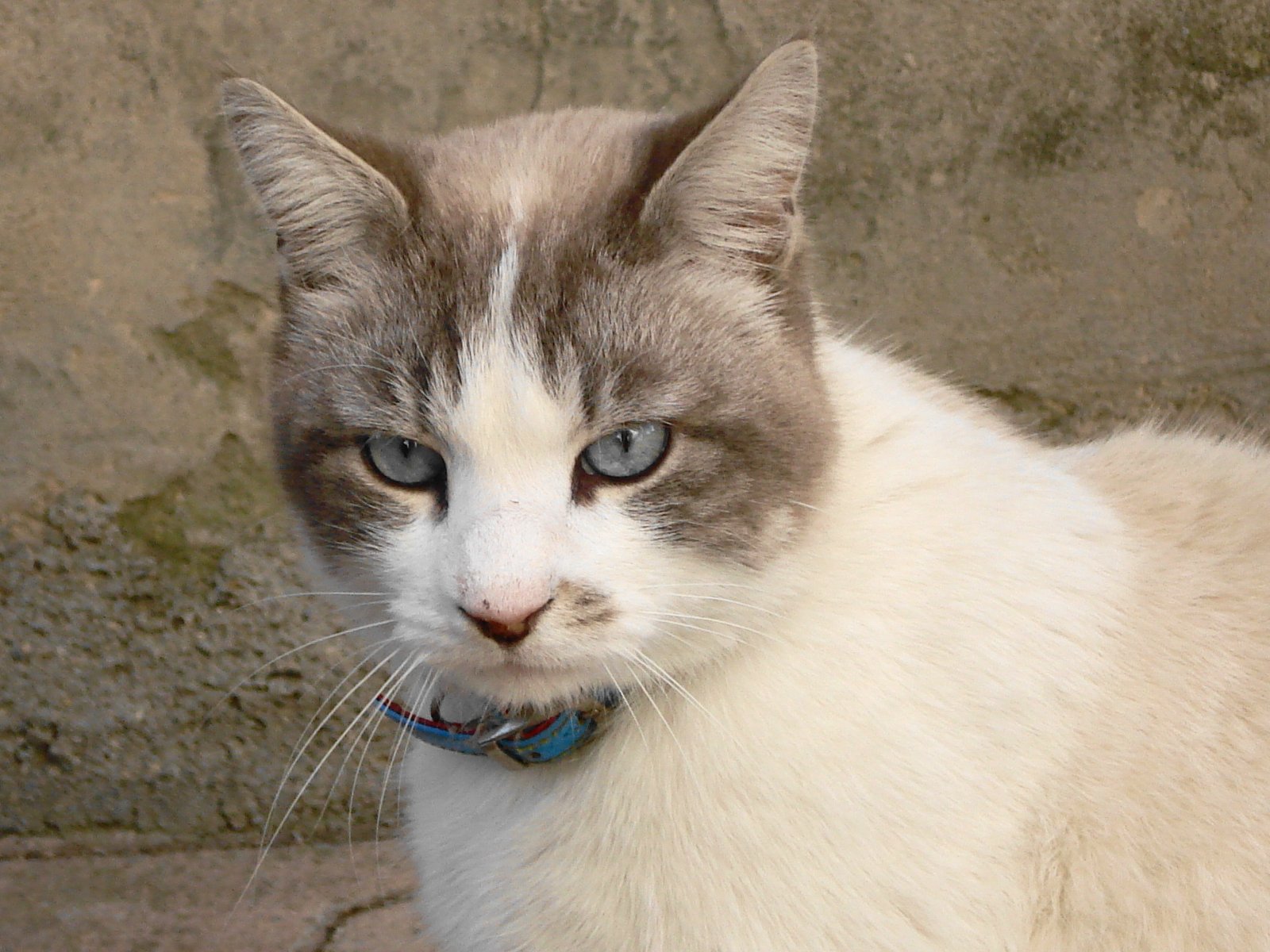
We often associate excited greetings with dogs, but cats can also show pure joy when their favorite people come home. There are countless stories of cats waiting by the door, chirping or weaving between legs as soon as the key turns in the lock. Some even bring toys or perform little “welcome home” dances. This exuberant greeting is more than routine; it’s a sign of a deep emotional bond and a recognition of reunion. Cats may not wag their tails, but their devoted attention and joyful antics speak volumes about their capacity for emotional connection.
Recognizing Pregnancy and New Family Members

One of the most surprising displays of emotional intelligence is how some cats react to pregnancy or the arrival of a new baby. Many expectant mothers report their cats becoming extra gentle, laying their heads on swollen bellies or following them around protectively. After the baby arrives, some cats adjust their behavior, becoming quieter or more observant. They may even act as little protectors, watching over the new family member. This sensitivity to change and ability to adapt shows just how emotionally in-tune cats can be with the evolving dynamics of their human families.
Sharing in Grief and Loss
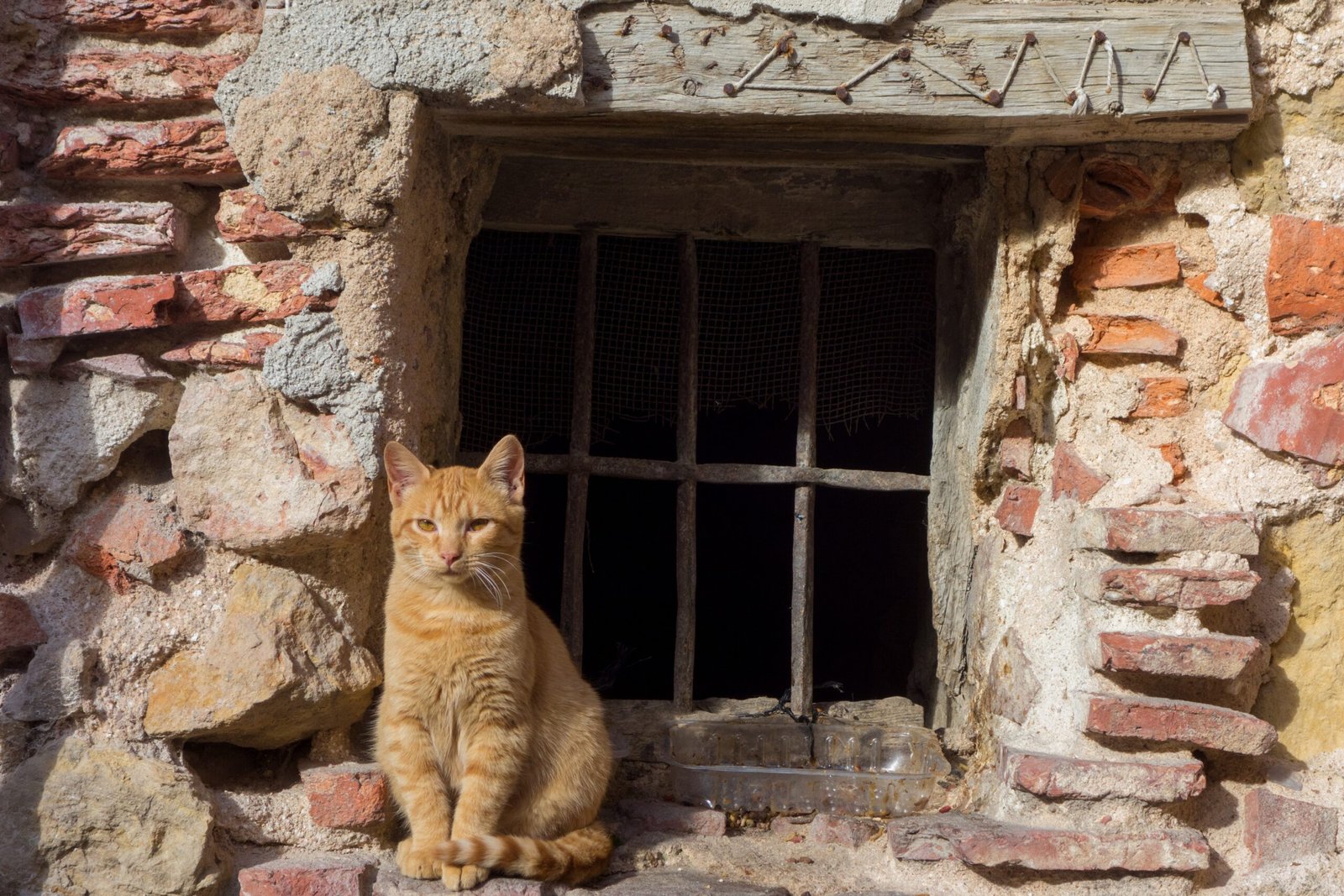
Cats seem to possess a quiet wisdom when it comes to grief, whether it’s the loss of another pet or a loved one. Some cats will sit beside a grieving person, their silent companionship offering comfort without expectation. Others have been known to seek out the belongings of the lost individual, curling up on their bed or among their clothes. This behavior suggests that cats understand the concept of loss and want to provide solace in their own way. Their ability to offer comfort during the hardest times is something cat lovers never forget.
Understanding Boundaries and Personal Space
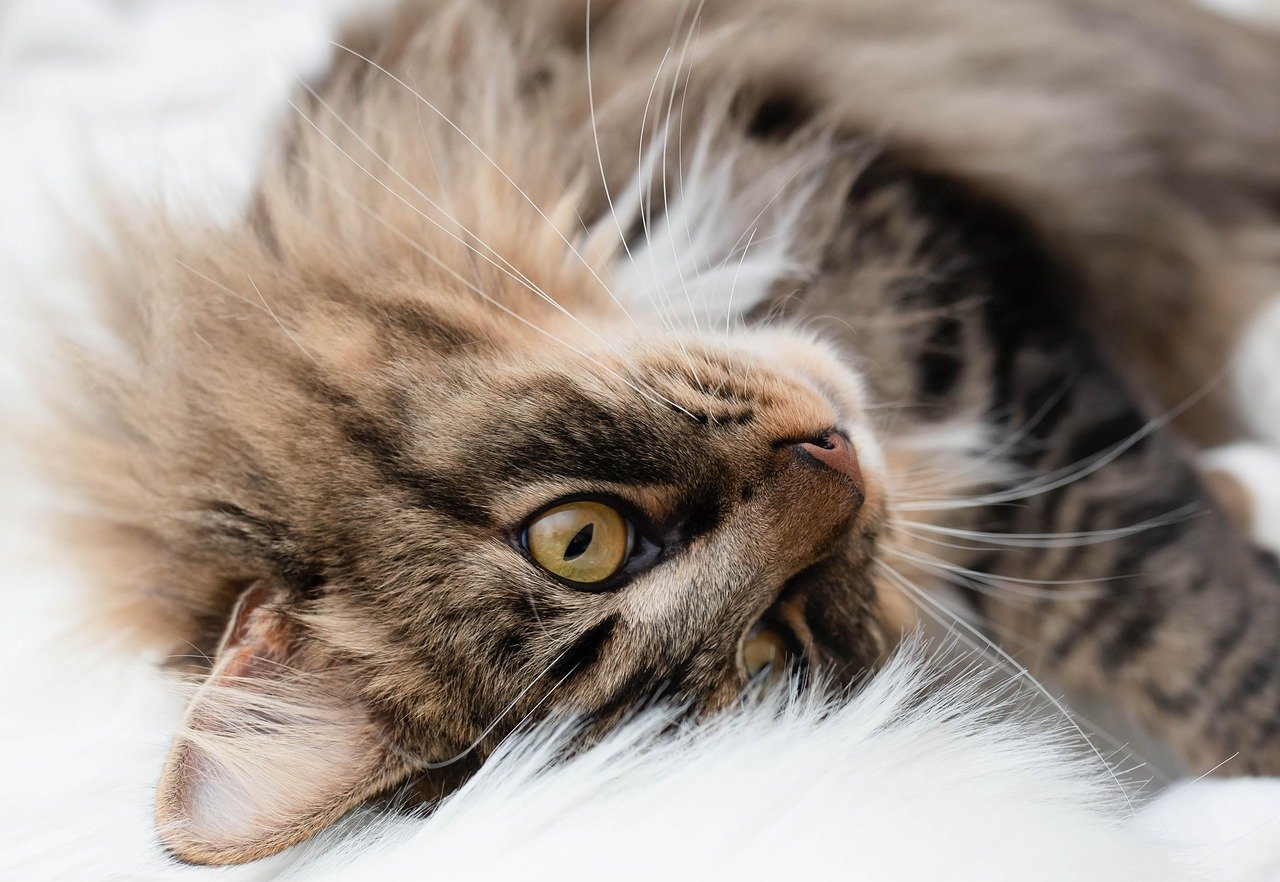
Unlike some pets, cats are experts at reading signals about personal space. If their human is busy or needs quiet, many cats will quietly retreat or observe from a distance. Conversely, when affection is welcomed, they’re quick to hop onto a lap or nuzzle up close. This ability to respect boundaries shows a sophisticated understanding of human moods and needs. It’s as if they know when to be close and when to give us room to breathe—an emotional intelligence that many people could learn from.
Adapting to Human Routines and Moods

Cats are incredibly observant, often adjusting their own routines to fit those of their humans. If you’re having a lazy day, your cat might lounge beside you, basking in the shared stillness. On busy mornings, they might quietly watch from the sidelines or wait until you’re ready to give them attention. This adaptability demonstrates not only intelligence but a sensitivity to the rhythms and emotions of their home. It’s a subtle, yet powerful way cats show they’re always tuned in to our lives.
Alerting to Danger or Unusual Situations

Some cats have shown an uncanny ability to sense danger or unusual changes in their environment. There are stories of cats waking their owners before a fire, or acting restless just before a natural disaster strikes. Their sudden change in behavior—pacing, meowing, or refusing to settle—often serves as an early warning. While some might call it intuition, others see it as another facet of emotional intelligence. Cats seem to sense not only physical threats but also the emotional unease that comes with such situations.
Picking Up on Subtle Changes in Routine
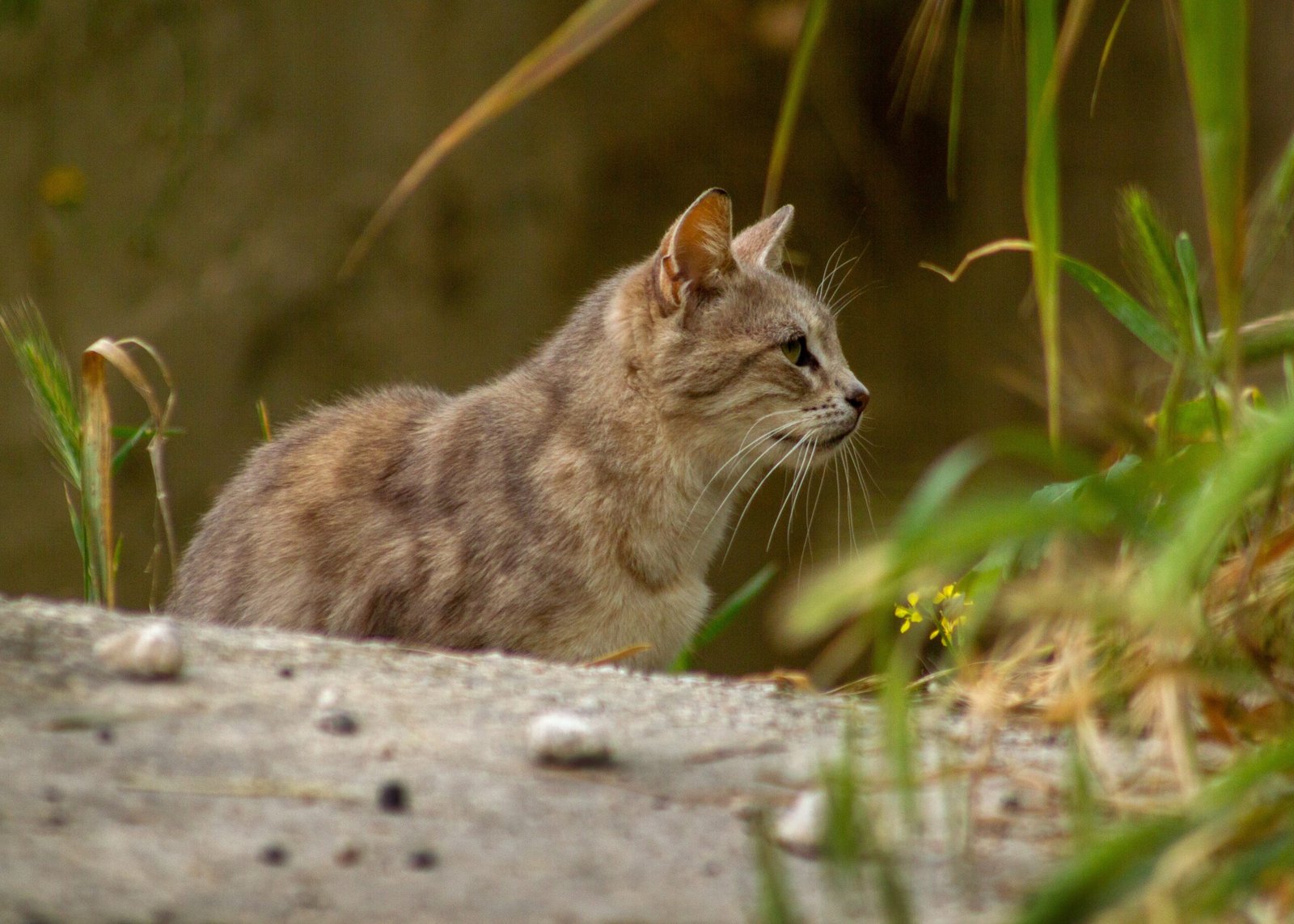
Cats are creatures of habit, but they’re also highly sensitive to changes in their owners’ routines. Whether it’s a new work schedule, a change in the household, or a shift in mood, cats notice. They may become more attentive, seeking reassurance, or display behaviors that show they’re processing the change. This awareness and ability to adjust is a key sign of emotional intelligence. Rather than resisting change, many cats find ways to adapt and offer comfort during transitions.
Forgiving and Letting Go of Grudges
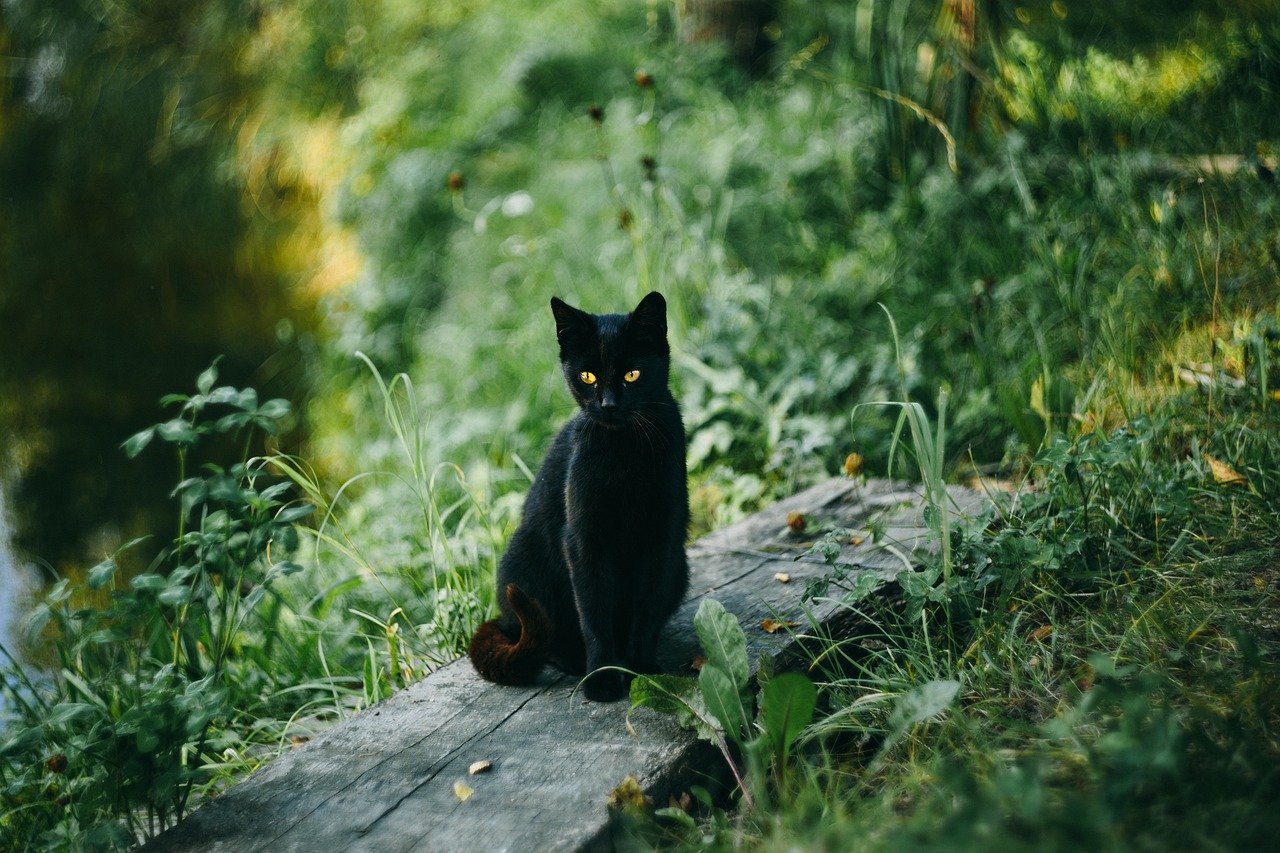
Despite their reputation for being aloof, cats are often more forgiving than people realize. If their owner accidentally steps on their tail or forgets a meal, most cats will sulk for a short while but quickly return to their affectionate selves. This capacity for forgiveness, and the ability to move past minor grievances, is a subtle but important sign of emotional depth. Cats remind us that holding onto grudges isn’t necessary, and that love and trust can be rebuilt with time.
Helping Children Cope with Emotions

Cats can play a vital role in helping children navigate their feelings. Many children form deep bonds with their feline companions, confiding in them during moments of sadness, fear, or excitement. Cats, in turn, respond with patience and gentleness, offering a calming presence. There are countless stories of cats curling up with a crying child or simply sitting quietly by their side. This ability to comfort and support young humans is a remarkable display of emotional intelligence and empathy.
Calming the Atmosphere During Family Tension
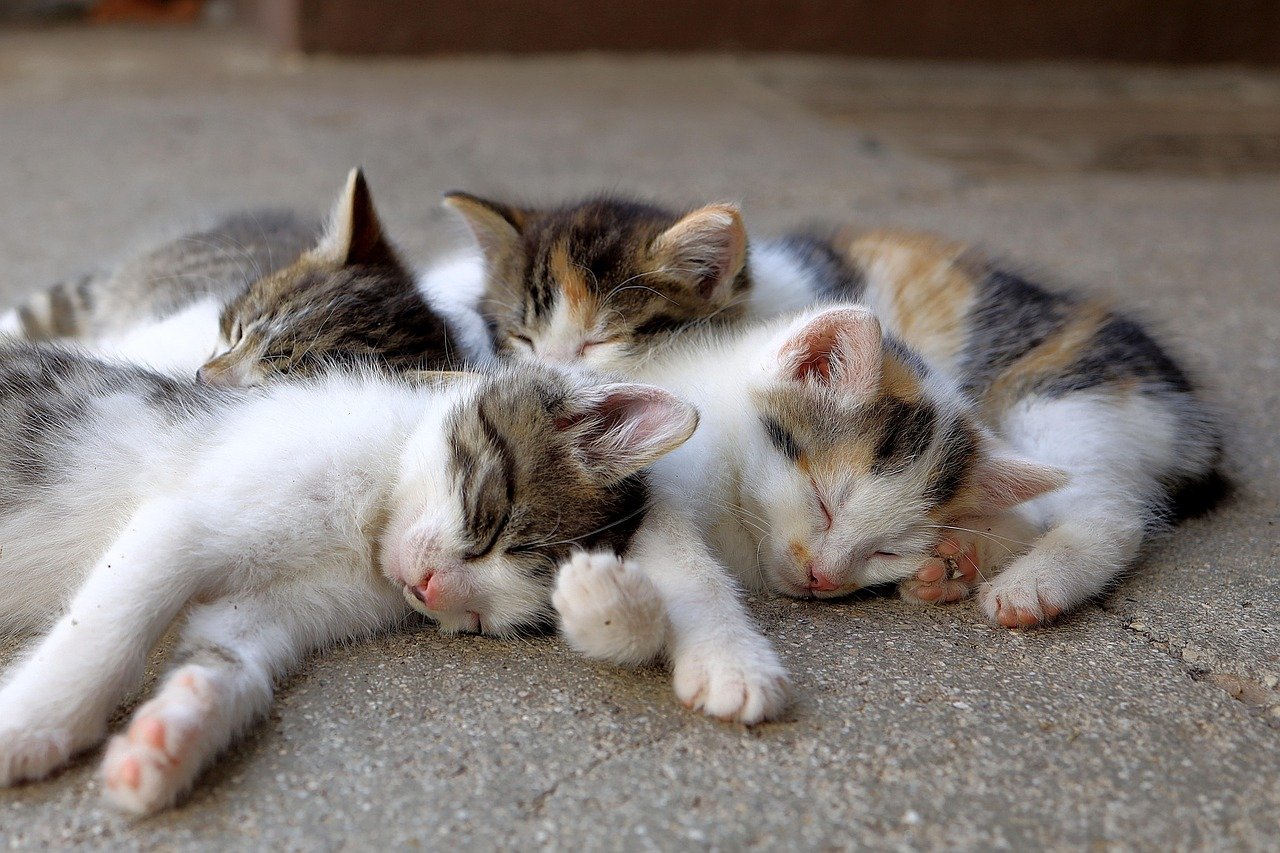
When family life becomes stressful or tense, cats often act as peacemakers. Their soothing presence can help diffuse arguments or bring a sense of calm to a chaotic household. Some cats will deliberately place themselves in the middle of tense situations, purring loudly or seeking attention. This isn’t just a bid for affection—it’s a deliberate effort to shift the mood. The calming effect of a cat’s presence can work wonders, reminding family members to slow down, breathe, and reconnect.
Recognizing and Comforting Other Pets in Distress

Cats’ emotional intelligence isn’t limited to humans—they also show empathy towards other animals. Many cat owners have witnessed their feline comforting a dog or another cat during illness or stress. Whether it’s grooming, snuggling, or simply sitting nearby, these gestures show a deep awareness of another creature’s emotional state. This interspecies empathy is both surprising and heartwarming, highlighting the complex social abilities of our feline friends.
Adjusting Behavior After Being Scolded
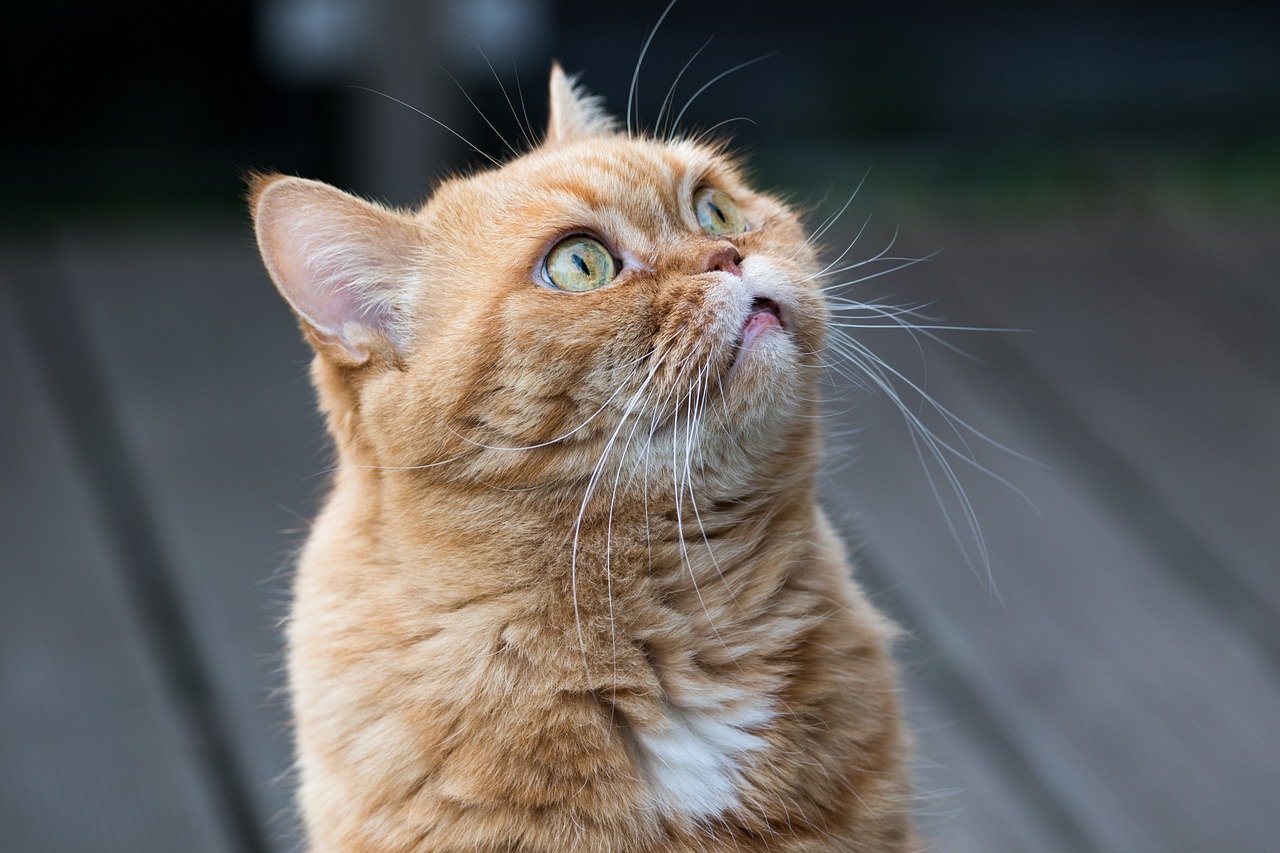
When a cat is scolded for misbehavior, it often responds in a way that shows understanding. Some cats will retreat and act subdued, while others may offer an apology in their own way—rubbing against your leg or bringing a toy. This reaction indicates that cats can interpret vocal tones and body language, connecting their actions to your emotional response. It’s a sign that they not only recognize displeasure but also want to repair the bond.
Demonstrating Patience with Elderly Owners
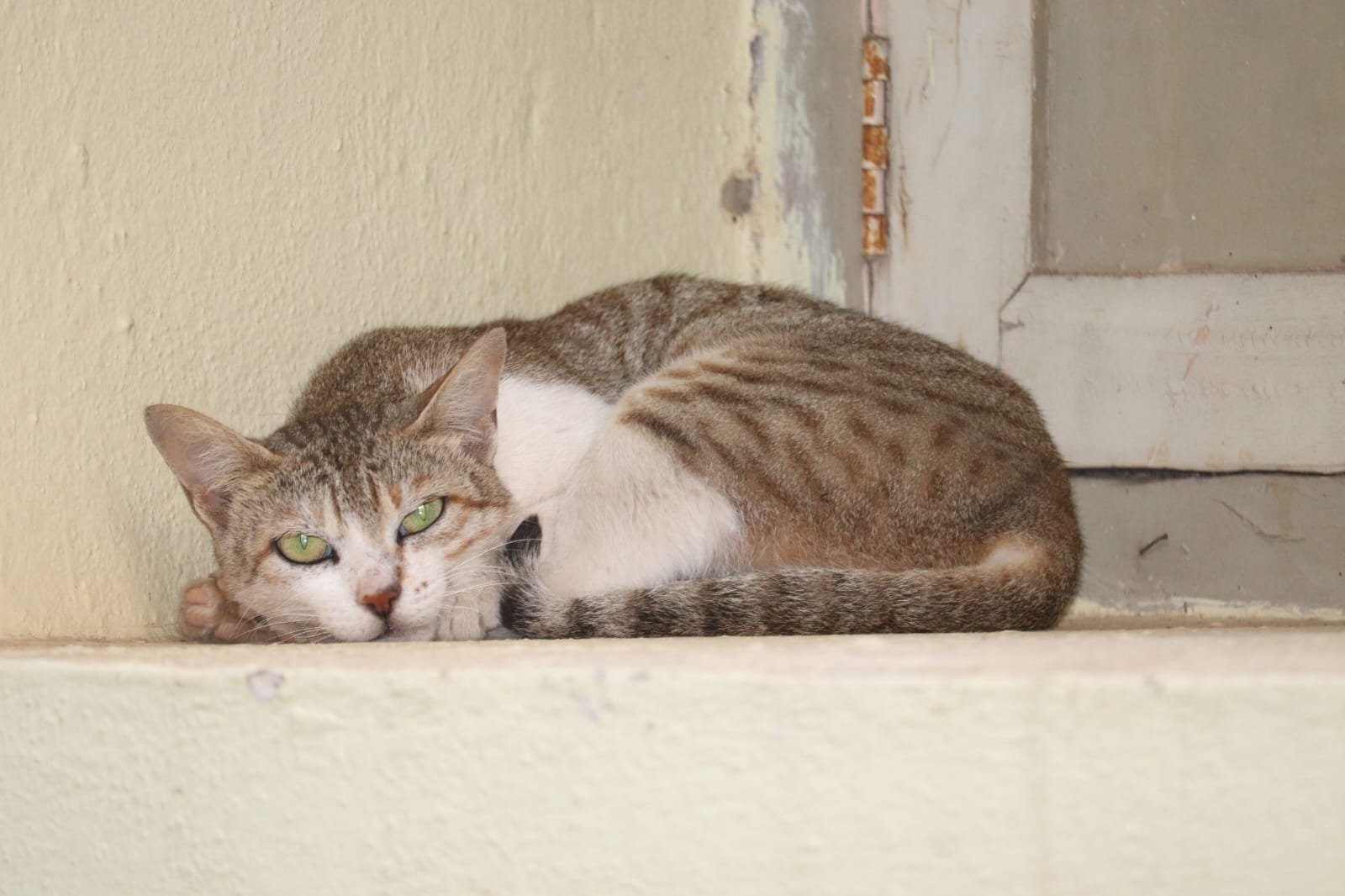
Cats can be especially gentle and patient with elderly individuals. They often adjust their energy levels, becoming more subdued and careful around those who move slowly or require extra care. Some cats will spend hours sitting quietly beside their elderly humans, offering warmth and companionship. This sensitivity to the needs and limitations of older people is another remarkable example of feline emotional intelligence.
Showing Jealousy and Seeking Reassurance
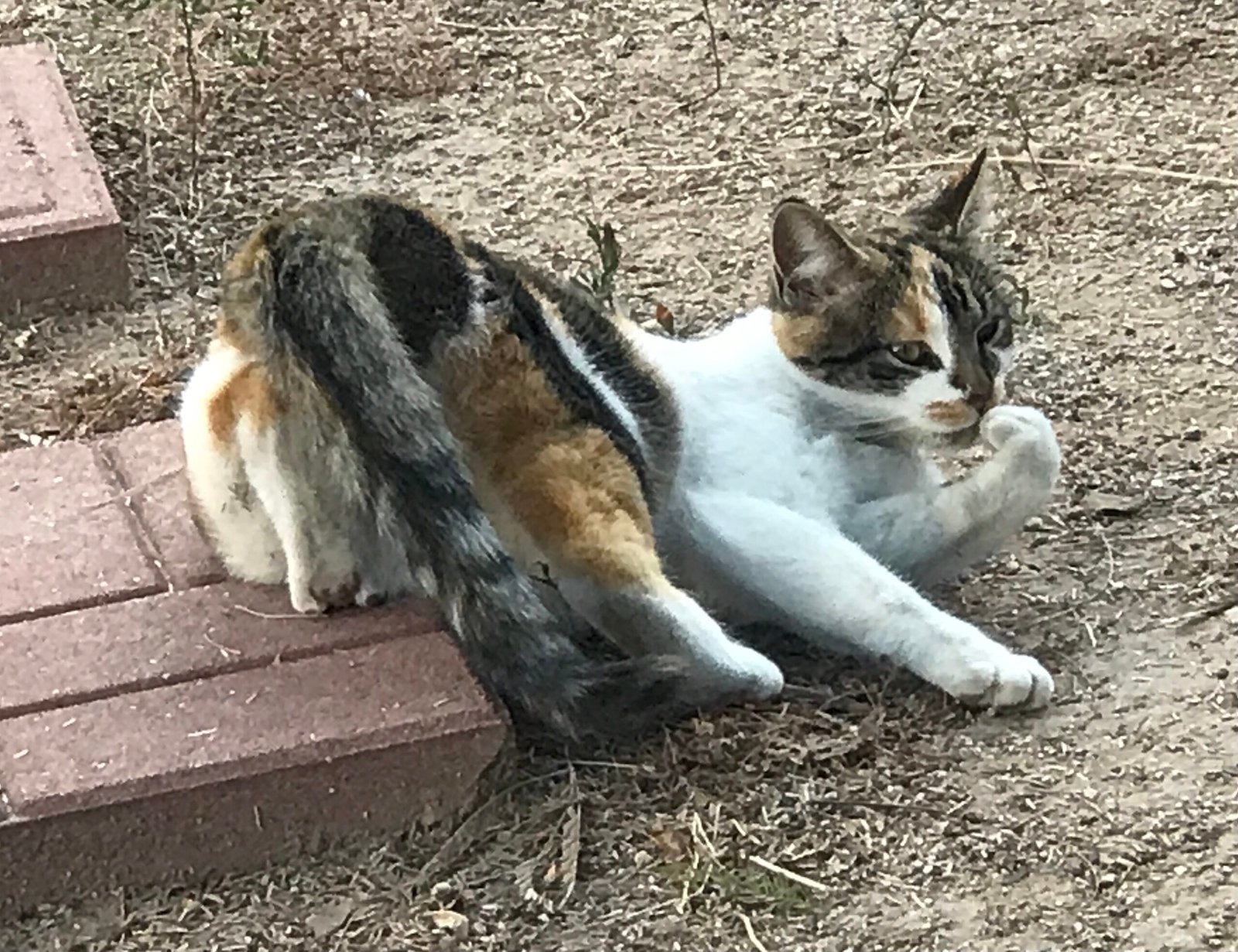
It might surprise some to learn that cats can feel jealous when attention is given elsewhere, whether it’s to another pet, a new baby, or even a new partner. Cats might act out by seeking more attention, vocalizing, or even acting aloof. However, they also seek reassurance, nudging their owners or insisting on cuddle time. This need for connection and validation speaks to their ability to understand complex social dynamics and their own place within the household.
Learning to Trust After Trauma or Rescue
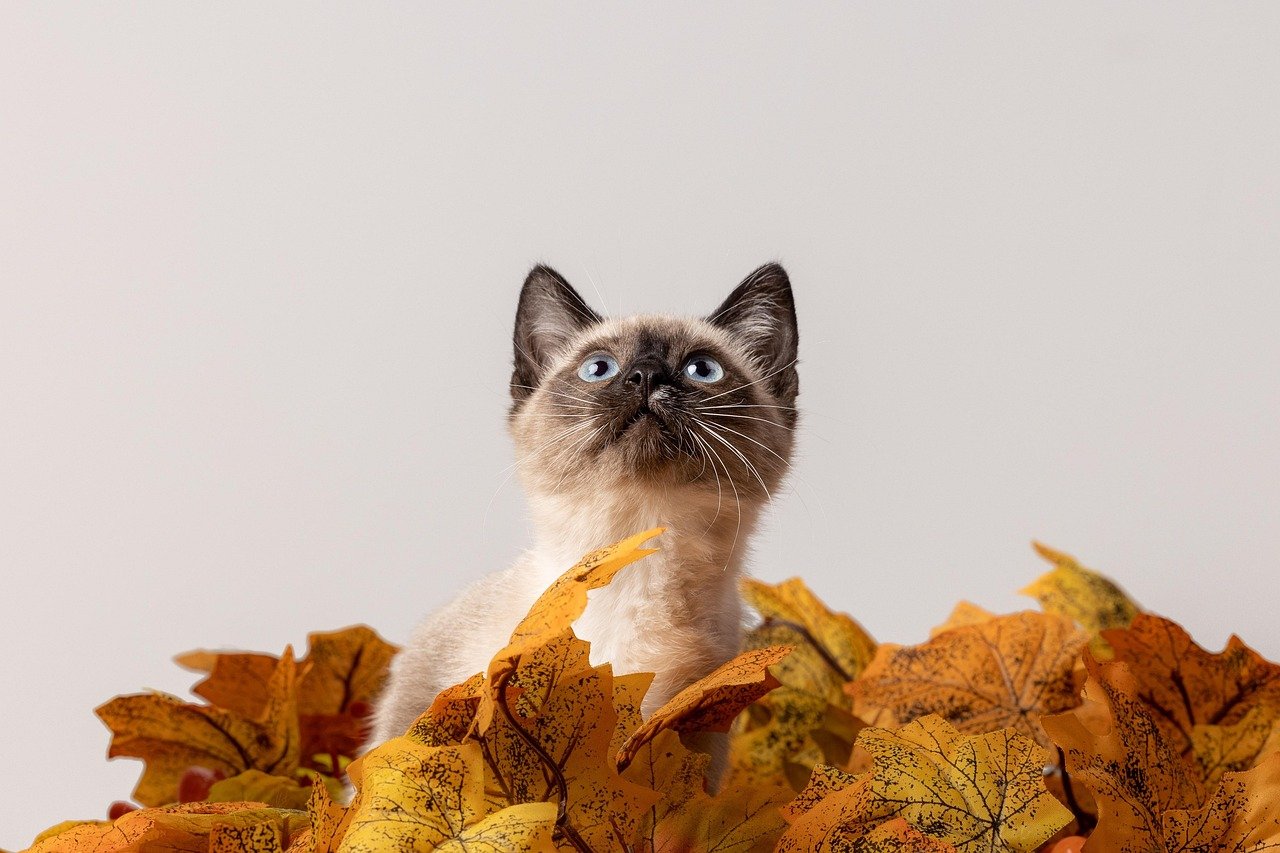
Perhaps the most inspiring display of emotional intelligence is seen in rescue cats who learn to trust again after trauma. At first, they may be fearful or withdrawn, but with time and patience, many begin to show affection and bond with their new families. This gradual process of rebuilding trust and forming new emotional connections is a testament to a cat’s resilience and capacity for love. It’s proof that, given the chance, cats can overcome even the most difficult pasts and embrace a future filled with warmth and understanding.
Hi, I’m Bola, a passionate writer and creative strategist with a knack for crafting compelling content that educates, inspires, and connects. Over the years, I’ve honed my skills across various writing fields, including content creation, copywriting, online course development, and video scriptwriting.
When I’m not at my desk, you’ll find me exploring new ideas, reading books, or brainstorming creative ways to solve challenges. I believe that words have the power to transform, and I’m here to help you leverage that power for success.
Thanks for stopping by, Keep coming to this website to checkout new articles form me. You’d always love it!






